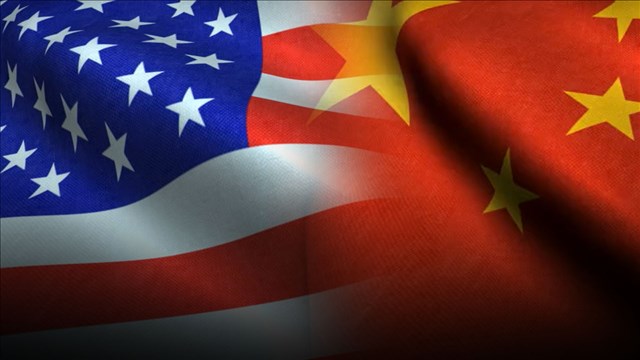Trade is important to agriculture. There, I said it. American agriculture is the best in the world. When you produce goods at the rate we do, there has to be somewhere to sell it overseas. However, thanks to the trade dispute with China, as well as recent disputes with some of our top trading partners, trade isn’t happening with the regularity it needs to.

In turn, when trade doesn’t happen the way it should, prices drop and farmers can’t make a living. I wanted to find out more about the trade dispute and what’s really going on. When you want to learn something like that, you find someone with skin in the game that can teach you the ins and outs.
Dan Ujczo (YOOT-zoh) is an international trade lawyer with the Dickinson-Wright Law Firm of Columbus, Ohio. I’ve known him for over a year now, ever since the dispute began. In typical Chad Smith fashion, my first question is “what the hell is going on here?” How’s that for direct and to the point?
“There was never going to be a deal in which things would go back to the way they were prior to January of 2017, when President Trump was inaugurated,” Ujczo said. “When Trump met with President Xi last December, they both thought we’d have a deal inside of 90 days. Then we heard they would make a deal in May.
“We never thought there would be a deal in which tariffs were completely rolled back,” he said. “Certainly not on the items from List One and List Two, which were an initial 25 percent duty on $50 billion worth of goods.”
When it comes to the items on List One and List Two, Ujczo says the U.S. government talked with industry and looked at the future of manufacturing, deciding then that these are the items we don’t want China taking the lead on. “Tariffs probably weren’t ever coming off those items,” he said.
Here’s the full conversation:
